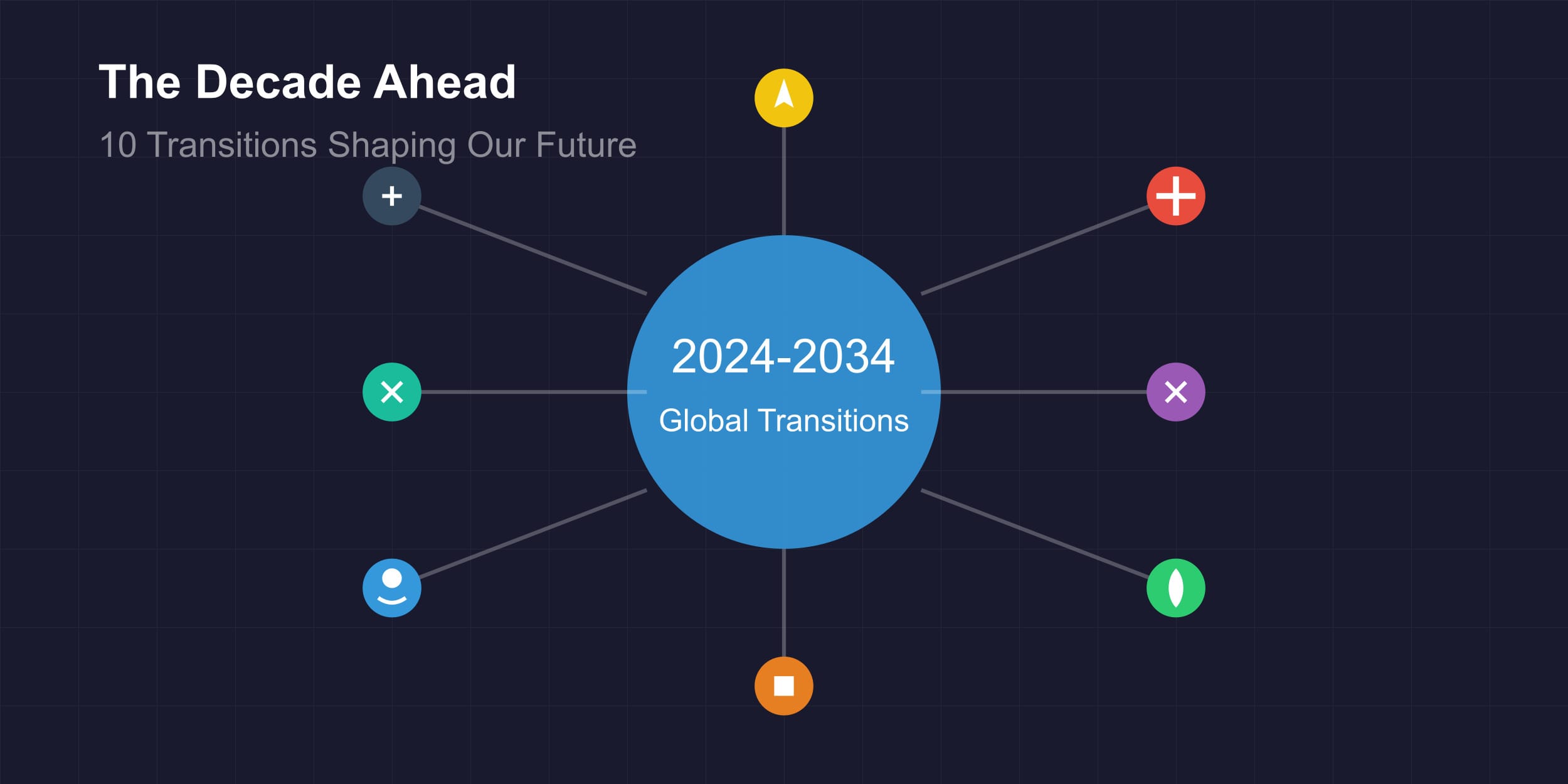In today’s hyperconnected world, the line between work and personal life is increasingly blurred. With emails, messages, and calls pouring in even outside office hours, employees often struggle to maintain a work-life balance. The growing recognition of this issue has led to the emergence of the “Right to Disconnect”, a concept that aims to protect workers’ mental health and ensure they can fully disengage from work after hours.
What is the Right to Disconnect?
The Right to Disconnect refers to an employee’s ability to refuse engagement in work-related communication outside of their agreed working hours without fear of retaliation or negative consequences. This includes ignoring emails, calls, or tasks that aren’t urgent, allowing employees to focus on personal time, family, and rest.
A study conducted by the ADP Research Institute found that 49% of Indian employees believe workplace stress adversely affects their mental health. French politician Benoit Hamon aptly described the situation, stating, “Employees may leave the office physically, but their work follows them. They remain tethered by an electronic leash—texts, messages, and emails invade their personal lives, often pushing them to the brink of exhaustion.”
Global Adoption: A Rising Trend
Several countries have already implemented laws supporting this right:
- France: Pioneering the movement, France introduced the Right to Disconnect in 2017.
- Italy: Employees have the right to avoid work-related communication after hours as part of a broader labor law reform in 2017.
- Spain: In 2018, Spain enshrined this right in its data protection laws, recognizing digital disconnection as essential to work-life balance.
- Australia: A landmark law in Australia, which came into effect on Monday, August 26, 2024, grants employees the right to disconnect outside of their official hours. Championed by Prime Minister Anthony Albanese, this legislation ensures employees are not penalized for being offline when they are not compensated for their time. It aims to alleviate the pressure of constant availability and safeguard workers’ well-being.
- India: While not legally mandated, discussions around implementing the Right to Disconnect have gained momentum, especially post-pandemic when remote work led to longer work hours.
Why is it Important?
- Mental Health: Continuous connectivity often leads to burnout, stress, and anxiety. Disconnecting allows employees to recharge, improving overall well-being.
- Productivity: Rested employees tend to perform better. Disconnecting ensures that workers return refreshed and more focused.
- Work-Life Balance: Ensuring clear boundaries helps employees maintain relationships and pursue hobbies, fostering a healthier lifestyle.
Challenges in Implementation
Despite its importance, implementing the Right to Disconnect is not without hurdles:
- Cultural Resistance: In many organizations, after-hours availability is viewed as dedication, making it hard to break such norms.
- Global Teams: Companies with international teams across time zones may find it challenging to enforce disconnection uniformly.
- Technological Dependency: As technology integrates deeply into work processes, disconnecting becomes harder for roles that require constant updates.
The Indian Context
In India, the conversation around the Right to Disconnect is gaining traction. With remote work becoming the norm during the pandemic, employees often faced extended hours, leading to widespread discussions about the need for boundaries. Although no specific legislation exists, organizations are starting to take note, offering policies that encourage digital detox and limited after-hours communication.
The Right to Disconnect is more than just a workplace reform; it is a necessary adaptation to the digital age. Governments, employers, and employees must collaborate to create frameworks that allow individuals to reclaim their personal time without compromising productivity. With mounting evidence of the benefits, it’s only a matter of time before more countries and organizations embrace this vital right.
In the end, true productivity lies not in endless work but in balance and well-being. The Right to Disconnect is a step towards achieving both.



